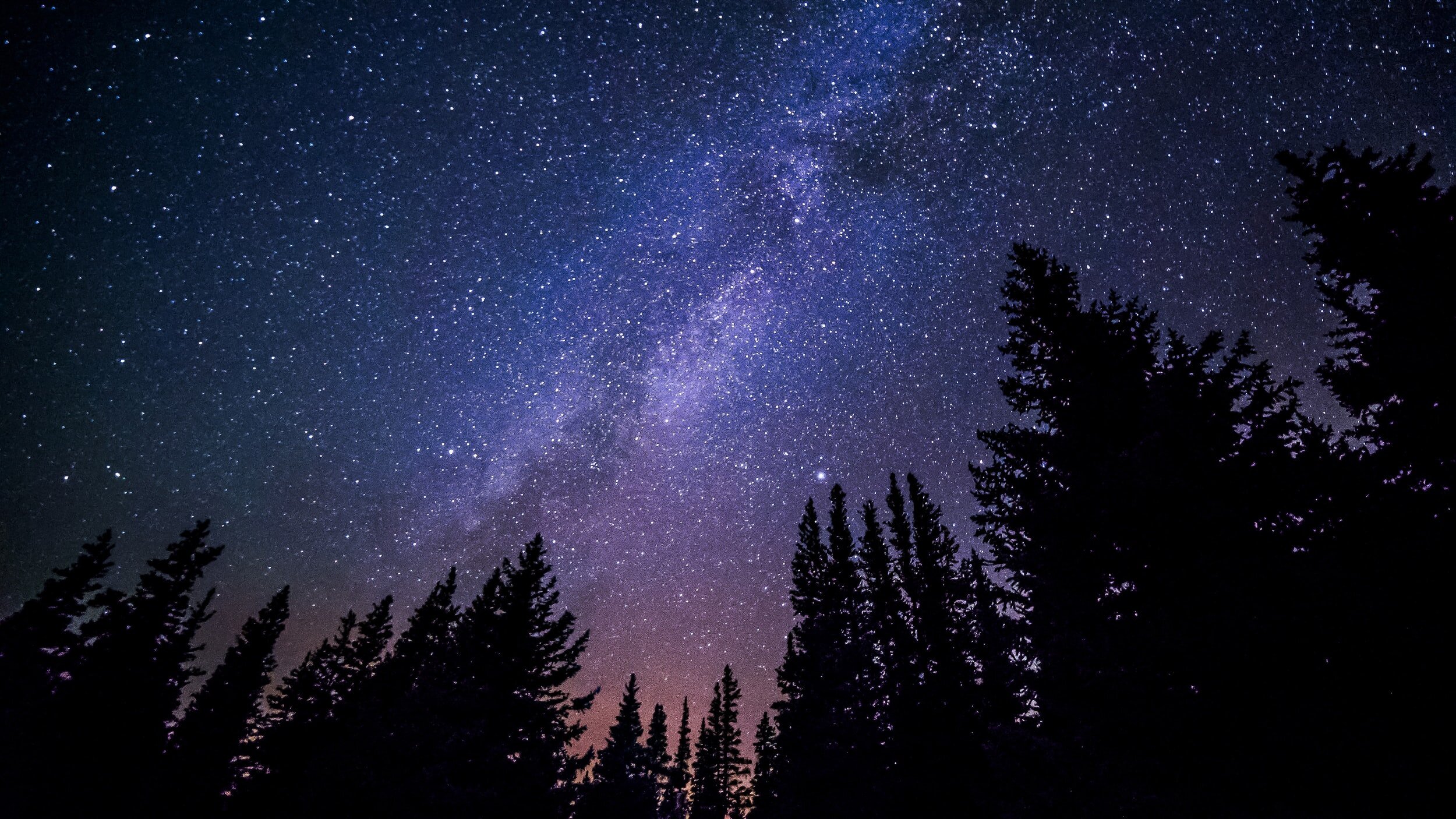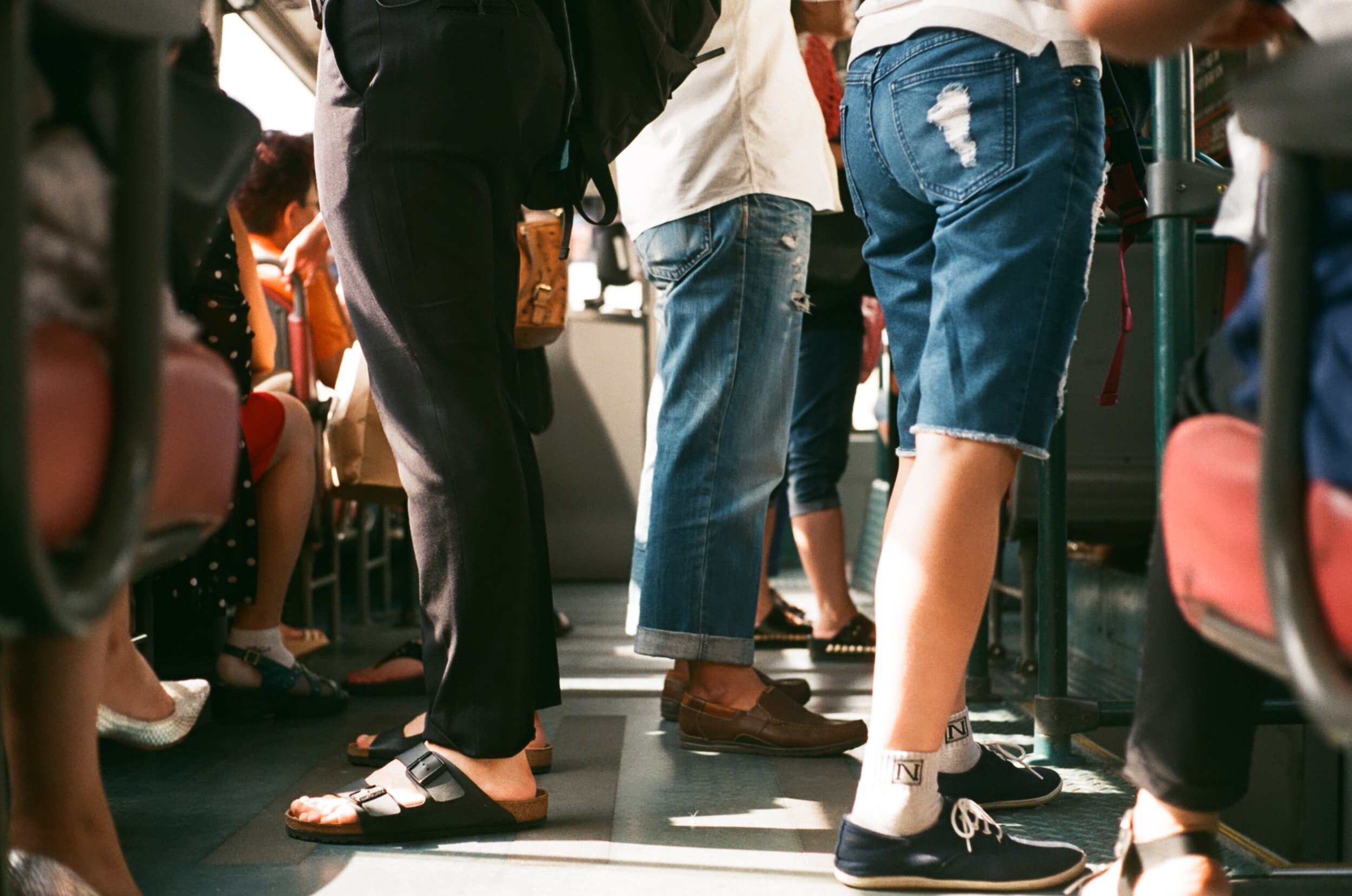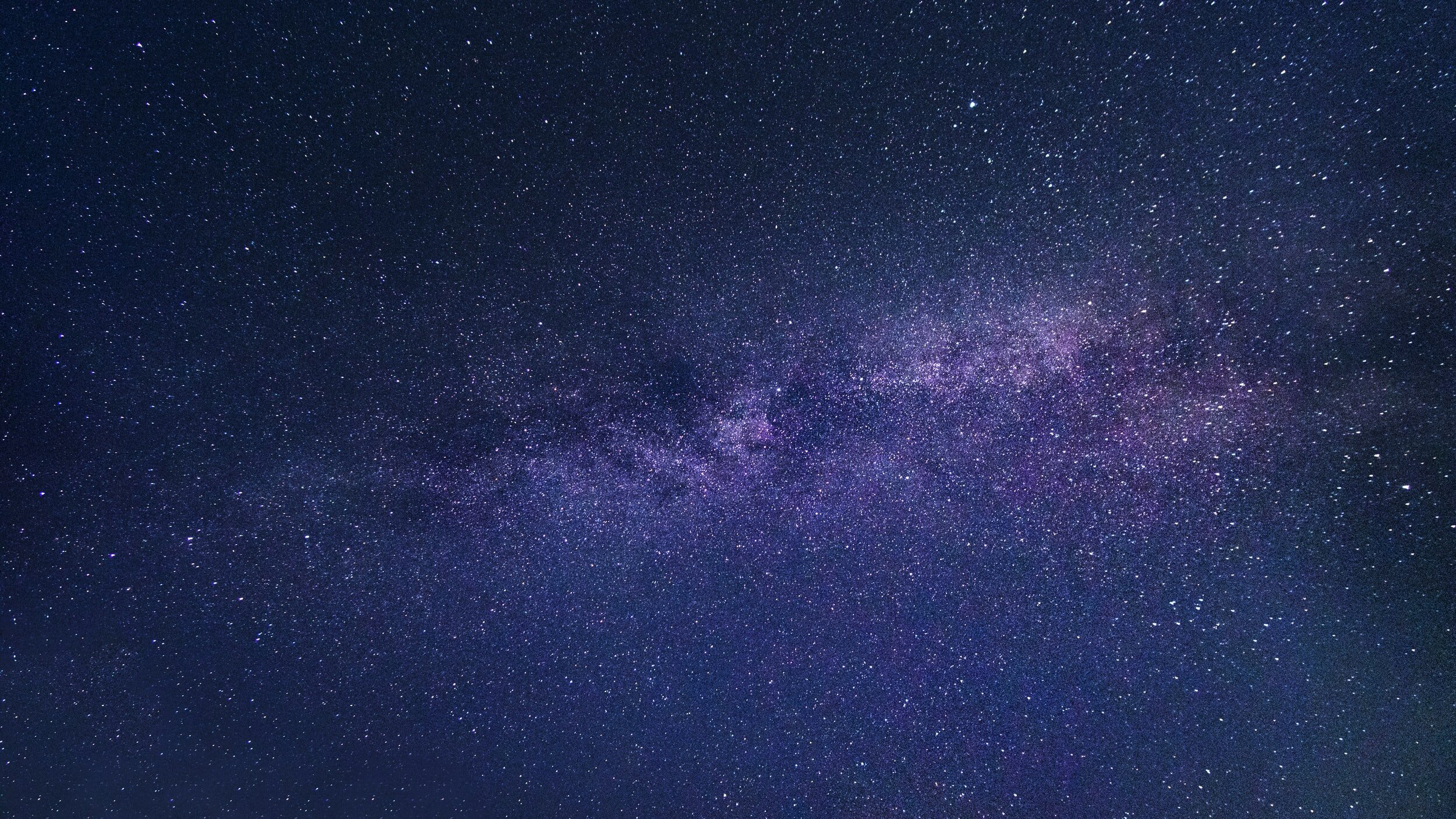The Same Night Sky
I yearn to be openly Filipino, but it seems to provoke so much hate and anger.
Earlier this summer, I was standing on the transit station platform waiting for the train when my phone rang. I answered it and began to speak in Tagalog with my mom. A woman nearby overheard me and darted her head towards my direction. Her face quickly turned into a scowl. She began to scream derogatory remarks. It was nothing I had not heard before. The same selection of phrases like: “Go back to your country,” “You don’t belong here,” and “You’ve ruined my day.” This woman then attempted to punch me, but a tall white man interfered and held her back as I ran away.
I was 19 years old when this happened. I was 19 and standing at 4’11, facing off against a woman who towered over me.
I was filled with confusion and terror as I walked away from the train and decided to take an Uber home. I vowed that I would never again take public transportation at 8:00 PM. I also made a note that I would save up for a car. I even blamed myself for forgetting to refrain from speaking Tagalog in public.
For weeks, a recurring thought played through my head, “No matter how long I’ve lived in Canada, I will always be the ‘other.’”
Before I came to Canada, things like the colour of my skin or being Filipino hardly even crossed my realm of consciousness. However, moving to Canada put me on the receiving end of many racial attacks, like the train incident mentioned above. These experiences abruptly grabbed me out of my bubble as I quickly learned that my Filipino face marks me apart from others. I do not look like the conventional “Canadian.”
As a result of my experiences as a female Filipino immigrant in Canada, I keep my mind alert in anticipation of an attack. Sometimes, I lay awake at night, imagining the worst-case scenarios and creating their respective emergency action plans.
“I will practice speaking English until no trace of my Filipino accent is left. They will never know that I was raised in the Philippines for 10 years.”
“I will wear heels so that I do not appear as small. If I look more intimidating, it could discourage attacks.”
“I will avoid any use of the Filipino flag on my belongings to remain racially ambiguous.”
I want to believe that I will have prepared myself enough so that nothing will shock me or be a problem, should it choose to come. My “preparation” is my second line of defense.
My first and foremost line of defense is that I never publicly express when something has upset me. My poker face, a smile, is what I often greet people with, no matter my current state. On the days where a smile is hard to muster, I hide in the crevices available in my immediate surroundings, facing myself away from the crowd and attempting to look absorbed in my work.
You have an inherent value that does not change because of your skin’s pigmentation. I was convinced that by remaining unfazed, I could exhibit my value to Canada by remaining an “agreeable” immigrant to live with.
I am proud to identify as a Canadian and a Filipino immigrant. Even now that I am a Canadian citizen, I still feel discomfort in rooms populated by mostly Caucasian men and women. My Filipino label--though very important to me—is but a part of my identity, a facet to the innumerous sides. Why must there be baggage when I add “Filipino” to Canadian? Why must I strain all of my muscles to uphold that I am Filipino-Canadian?
We each have the responsibility to make this place a home for one another.
When my mom started working abroad in Canada, I was five years old, living with my dad in the Philippines. I used to look up at the Philippines’ night sky, and I became obsessed. I realized that my mother could see the same night sky. We spent five years apart, but we could observe the same constellations.
All of us share so much more than just the night sky. We are not that far from one another if we choose not to be. Don’t let borders keep you from connecting to those on the other side of them. I urge us all to share the spaces we’ve been given.
A history of pain and trauma can lead us to hurt one another, but a wise man named Martin Luther King Jr. once said, “Darkness cannot drive out darkness; only light can do that. Hate cannot drive out hate, only love can do that.”
Please make your next step for something that spreads light in the midst of our darker times.



